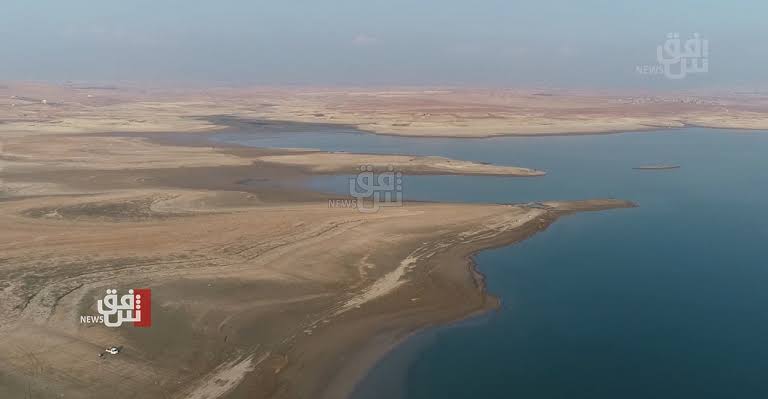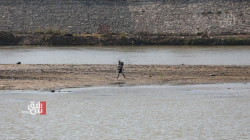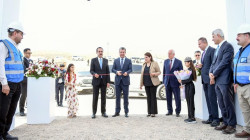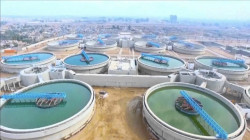Iraq among Arab states most vulnerable to water scarcity by 2050: report

Shafaq News/ Iraq is one of the Arab states most at risk of water scarcity by 2050, according to a report on global water development released on Monday.
The report, published by UNESCO on behalf of the UN-Water, found that 25 countries are currently experiencing extremely high annual water stress, meaning they use more than 80% of their renewable water supply for irrigation, livestock, industry, and domestic needs. Even short-term droughts put these places at risk of running out of water.
The regions most affected by water stress are the Middle East and North Africa, where 83% of the population experiences extremely high water stress, and South Asia, where 74% of the population is affected.
The five countries most at risk of water stress are Qatar, Lebanon, Bahrain, the United Arab Emirates, and Oman, all of which have extremely high levels of stress. Water stress in these countries is largely due to low supply, coupled with demand from domestic, agricultural, and industrial use.
Iraq and Algeria ranked 12th and 13th respectively, with a score of 4.74, which is also very high, in terms of countries most at risk of water scarcity by 2050. Sudan, Somalia, and Djibouti ranked last, respectively, as the countries least at risk of water scarcity by 2050.
The report warns that water tensions are already leading to conflict in many parts of the world. "Water scarcity is a major threat to peace and security," said UNESCO Director-General Audrey Azoulay. "We need to act now to prevent water wars."





